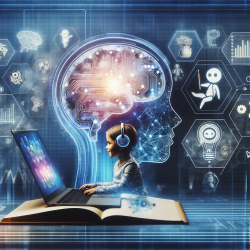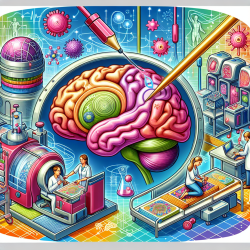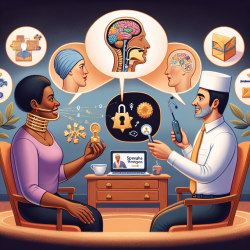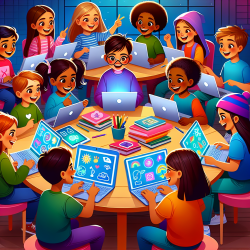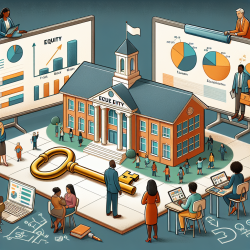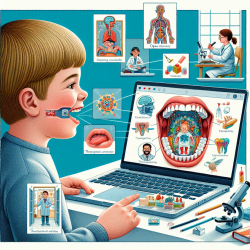In the evolving landscape of mental health services, the integration of artificial intelligence (AI) and precision mental health is poised to revolutionize how we deliver care, especially for children. Drawing insights from the research article "Improving Mental Health Services: A 50-Year Journey from Randomized Experiments to Artificial Intelligence and Precision Mental Health," we explore how practitioners can leverage these advancements to improve outcomes.
Understanding the Current Challenges
Despite significant strides in mental health research, several critical issues persist:
- Accessibility: A significant proportion of children and adolescents with mental health issues do not receive the care they need. For example, over 60% of youth with major depression do not receive any mental health treatment.
- Implementation: Evidence-based treatments often lose effectiveness when implemented in real-world settings due to poor fidelity.
- Effectiveness: The current mental health services often fail to produce substantial improvements in client outcomes.
The Role of AI and Precision Mental Health
AI and precision mental health offer promising solutions to these challenges. Here’s how:
Improving Diagnosis and Treatment
AI can enhance the accuracy of diagnoses by analyzing large datasets from diverse sources, such as electronic health records, social media, and wearable devices. This can lead to more personalized treatment plans that consider individual variability in genetic, environmental, and lifestyle factors.
Enhancing Implementation Fidelity
AI-driven feedback systems can monitor treatment fidelity in real-time, providing clinicians with actionable insights to ensure that evidence-based practices are implemented correctly. This can bridge the gap between research and practice, ensuring that interventions retain their effectiveness outside the laboratory.
Predicting Outcomes and Personalizing Interventions
Machine learning algorithms can predict which treatments are likely to be most effective for individual clients. By continuously learning from new data, these systems can adapt and refine treatment plans, leading to better outcomes for children.
Steps for Practitioners
Practitioners can start integrating AI and precision mental health into their practice by:
- Adopting AI Tools: Utilize AI-based diagnostic tools and treatment planning systems to enhance the accuracy and personalization of care.
- Implementing Feedback Systems: Use AI-driven feedback systems to monitor and improve the fidelity of treatment implementation.
- Engaging in Continuous Learning: Stay updated with the latest research and advancements in AI and precision mental health to continually improve practice.
Encouraging Further Research
While AI and precision mental health hold great promise, further research is essential to fully realize their potential. Practitioners are encouraged to participate in and support research initiatives that explore the effectiveness of these technologies in diverse settings and populations.
To read the original research paper, please follow this link: Improving Mental Health Services: A 50-Year Journey from Randomized Experiments to Artificial Intelligence and Precision Mental Health.

